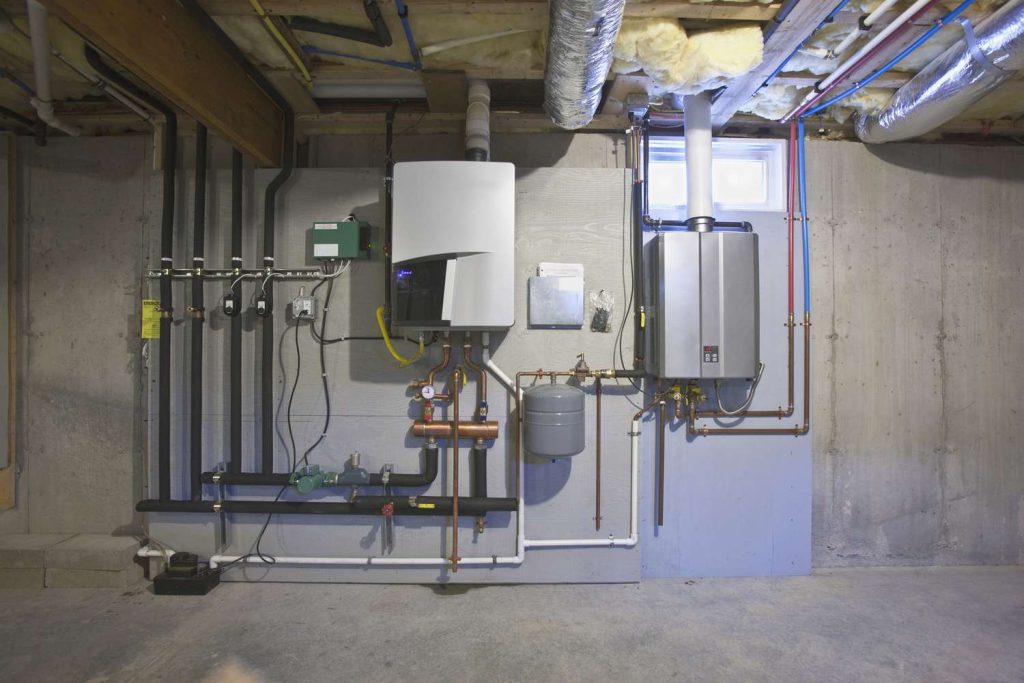Tankless Water Heaters vs. Water Heaters
Choosing the right water heater affects both comfort and energy efficiency. Traditional and tankless models each have unique advantages, and understanding how they differ can help in making the best decision. Factors such as energy consumption, installation requirements, and long-term savings all play a role in determining the ideal system for a home.
How Traditional Water Heaters Work
Conventional water heaters use a storage tank to hold and heat a set amount of water. Once the hot water supply is depleted, the tank must refill and reheat, which can result in delays. These systems continuously maintain the stored water’s temperature, leading to energy use even when hot water isn’t needed. While they generally have lower upfront costs, ongoing energy expenses can add up over time.
Advantages of Tankless Water Heaters
Tankless water heaters operate on demand, heating water only when needed. Instead of storing hot water, they use high-powered burners or electric elements to heat water as it passes through the unit. This eliminates standby energy loss and provides an uninterrupted supply, making it ideal for households that frequently use large amounts of hot water. Though the initial investment is higher, lower energy consumption often results in long-term savings.

Space and Installation Considerations
Storage water heaters take up more room due to their large tanks, which must be installed in a designated space such as a basement or utility closet. Tankless models, being compact, fit in smaller areas and can even be mounted on walls. However, upgrading to a tankless system may require adjustments to plumbing and electrical configurations, potentially increasing installation costs.
Lifespan and Maintenance
Traditional water heaters generally last 10-15 years, while tankless models can exceed 20 years with proper upkeep. Regular flushing prevents sediment buildup in tank models, whereas tankless units may require descaling to maintain efficiency. Both systems benefit from periodic maintenance to ensure peak performance and longevity.
Copyright © 2025 Drain It Plumbing